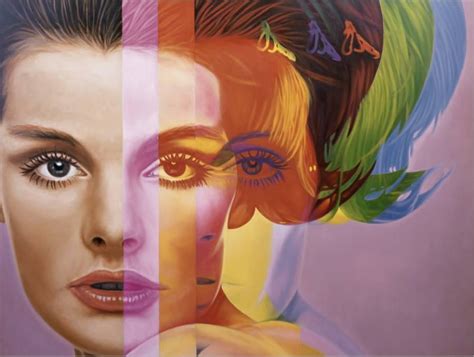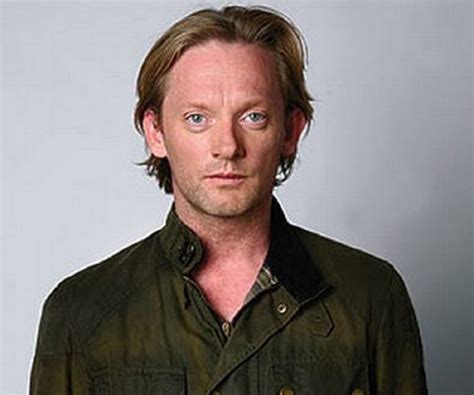A Quote by Richard Phillips
'Interview' created indelible images of Pop Art that arrived on people's doorsteps every month.
Related Quotes
I am myself a professional creator of images, a film-maker. And then there are the images made by the artists I collect, and I have noticed that the images I create are not so very different from theirs. Such images seem to suggest how I feel about being here, on this planet. And maybe that is why it is so exciting to live with images created by other people, images that either conflict with one's own or demonstrate similarities to them.
In the sixties, the recycling of pop culture turning it into Pop art and camp had its own satirical zest. Now we're into a different kind of recycling. Moviemakers give movies of the past an authority that those movies didn't have; they inflate images that may never have compelled belief, images that were no more than shorthand gestures and they use them not as larger-than-life jokes but as altars.
We live in a time which has created the art of the absurd. It is our art. It contains happenings, Pop art, camp, a theater of the absurd... Do we have the art because the absurd is the patina of waste...? Or are we face to face with a desperate or most rational effort from the deepest resources of the unconscious of us all to rescue civilization from the pit and plague of its bedding?
If you're in pop music, you've got to deal with the changing of the guard every few years. By the time the '70s arrived, I was well aware of the cyclical nature of the game. Pop music is a creature of the moment; it thrives on the mood of its time. Either you hook into that or you're not going to be part of it.
I think 'pop' can be a bit of a dirty word. People are very cool in Australia. They don't like to admit that they like pop. There are people who listen to Triple J and cool stuff like that, but commercial radio is massive, and if you look at the sales of the pop songs every week, people love pop music.
Usually, you get to interview that one girl who plays the sister on some Disney show - you interview that girl a lot - but sometimes, every once in a while, you get to interview a legend. I have interviewed some amazingly iconic people, including Michelle Obama, Oprah, Sidney Poitier and Judy Dench. These people are legit icons.








































